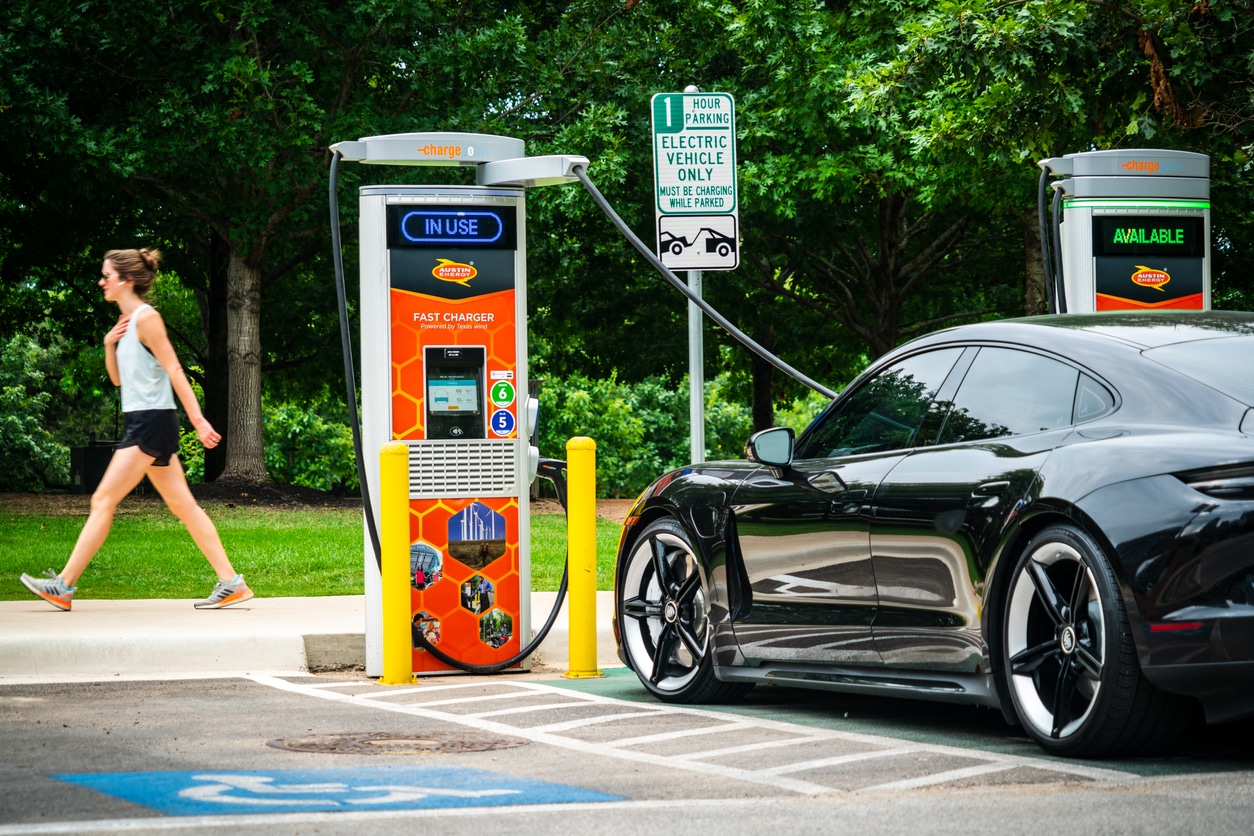
5 Ways Governments and Businesses Can Work Together in Creating a More Sustainable Future

Individual eco-awareness is growing: reusing, thrifting, going zero-waste…but how can “the big players” contribute to sustainability trends? Here are five actionable strategies governments and businesses can implement to increase their environmental efficiency.
Combined Public-Private Efforts
Collaboration between the public and private sectors can directly lead to greater sustainability. Government agencies can incentivize private businesses and public organizations to work together towards eco-centric goals.
Spearheading such collaboration at the government level lends credence, trust and gravity. Stakeholders and the public are thus more likely to take sustainability incentives seriously. Government agencies could also foster connections within and between sectors.
Businesses and organizations would function as the executive muscle of the projects. They would develop and implement solutions for common issues and communicate them to the end consumers.
For example, tech businesses could promote repairing and recycling electronics instead of throwing them into landfills. The food service industry could focus on food banks for the homeless and impoverished, composting for public green spaces, etc. as a means of combating food waste.

Investing in Ecotourism
Tourism is an excellent source of revenue for a country, whether it be urban, seaside, forest tourism or any other form. However, the influx of humans and a seasonal increase in waste poses enormous risks to the local ecosystems.
One way to combat the environmental damage, while keeping the financial and cultural benefits, is to focus on developing ecotourism. Governments worldwide ought to invest in this growing market to conserve their countries’ destinations for future generations.
Tourism businesses can contribute to eco-responsible travel in several ways, such as:
- limiting or suspending business in the zones and seasons where and when animals rear their young for the year,
- excluding activities harmful to wildlife and flora from their tours,
- providing green transportation options,
- promoting sustainable accommodations,
- collaborating with locals to minimise tourist impact in season, etc.
Likewise, governments can make their tourism sector more environmentally friendly by:
- preserving natural and historical landmarks,
- promoting education about the area for both the locals and visitors,
- regulating waste management in tourism zones,
- imposing fines and penalties for ecologically harmful behaviours such as littering, harming plant life, disturbing wildlife, defacing landmarks, etc.
Evolving Standards Across Industries
One immediate large-scale step that can be taken is developing and enforcing new, sustainability-centric industry standards. Such developments would encompass everything from building codes, public space planning and materials handling, to private property landscaping and household electric systems.
Some countries are already making strides in improving this aspect of their administration. For example, there is a commendable effort towards developing Australian standards in a sustainable direction in all fields of industry. Restricting things like DIY home improvement and requiring licenses of different levels for plumbing and electrical work ensures not only increased safety, but economic and energy efficiency as well.
When national standards are developed and enforced with sustainability in mind, it has a large-scale, lasting impact. Long-term investments such as buildings, infrastructure and manufacturing operations are less likely to prove hazardous down the line. It also helps avoid wasted resources and promotes ecological consciousness among the corporate and private sectors alike.

Collective Energy Efficiency
Perhaps the most significant strategy to be adopted by governments and businesses worldwide is pooling resources. Collective solutions would increase environmental efficiency while decreasing resource consumption.
For example, data storage is a vital aspect of modern business and administration. Information is often kept for a number of years or even decades. At present, most businesses and governmental departments build and maintain their own data centers, which consume massive amounts of energy.
A more sustainable solution would be having fewer shared facilities out of which to rent data servers as needed. Further investments into green fuel cells and more efficient cooling systems would make shared data centers even more environmentally friendly.
Younger businesses can commit to energy efficiency from the start with help from government incentives and technical support from better-established companies in their respective industries. They can either follow established good practices or innovate better solutions.
Two major points of concern are heat waste and equipment obsolescence. Excess heat generated by operations in urban environments could be reused to heat local homes, for example. Used equipment should be recycled, either the materials themselves or reusing its components for other purposes.
Transitioning to Zero-carbon Energy Sources
Greenhouse gases contribute to global warming, which in turn accelerates a host of other issues. The most direct way to combat this problem is to move away from carbon-based energy sources altogether.
Businesses and corporations should invest in renewable energy sources to power their operations. This includes powering manufacturing facilities and data centers, as well as day-to-day aspects like vehicle fleets.
Governments can encourage such investments with subsidies and incentives for companies that prioritize clean energy. There could also be penalties for businesses exceeding a certain level of carbon emissions or failing to meet a minimum of renewable energy implementation.
Clean energy sources include solar panels and wind farms. Low-carbon hydrogen fuel cells are another option, especially as a transitional step towards fully zero-carbon systems.
Final Comments
In summary, governments and companies can contribute to sustainability efforts through policies and eco-conscious operations. Transitioning to clean energy, conserving resources and increasing the reuse-and-recycle rates are all excellent strategies.
Educating consumers and incentivizing new businesses also play significant roles. More than anything, countries must revise their industry standards across all sectors to ensure eco-friendliness and long-term sustainability on the whole.



Post a comment